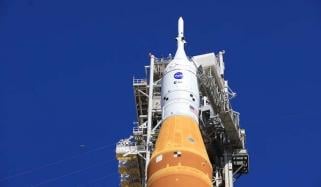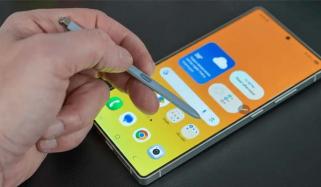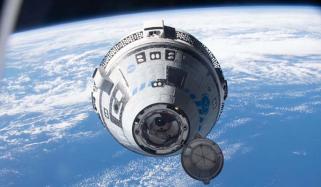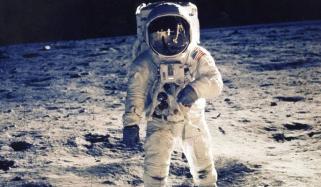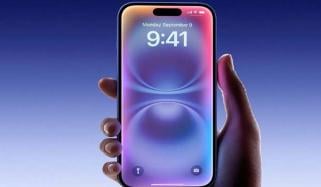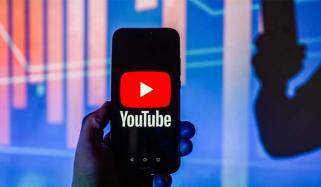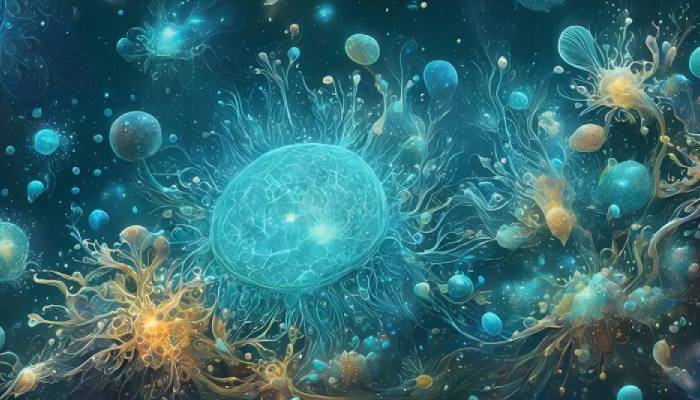
In a major yet surprising turn of events, scientists have discovered an amazing AI tool that can monitor the latest locations you’ve visited by using a sample of microorganisms.
The study published in Genome Biology and Evolution revealed that this breakthrough allows bacteria to show whether someone visited a cinema, went to the shopping mall or even walked through any street.
Researchers at Lund University in Sweden have developed a Microbiome Geographic Population Structure (mGPS) which uses cutting-edge AI technology to identify the locations based on the microbiome associated with those areas.
The researchers identified that microorganisms function as microscopic fingerprints, with microbial communities, much like human populations, showing geographical patterns which leads the researchers to create an AI tool.
What is meant by microbiome?
The term “microbiome” refers to the collection of microorganisms like bacteria, fungi and algae that are present in a particular area or environment.
Eran Elhaik, a biology researcher at Lund University, who led the new study said in a statement, “In contrast to human DNA, the human microbiome changes constantly when we come into contact with different environments.”
He added, By tracing where your microorganisms have been recently, we can understand the spread of disease, identify potential sources of infection, and localize the emergence of microbial resistance. This tracing also provides forensic keys that can be used in criminal investigations,.”
How was the AI model trained?
The researchers trained their AI model by using an extensive amount of microbiome data from various environments. This included microbe genomes from subways and urban settings across 53 cities, 237 soil samples from 18 countries and 131 marine samples.
The study found that mGPS accurately identified the city of origin for 92% of the samples.

